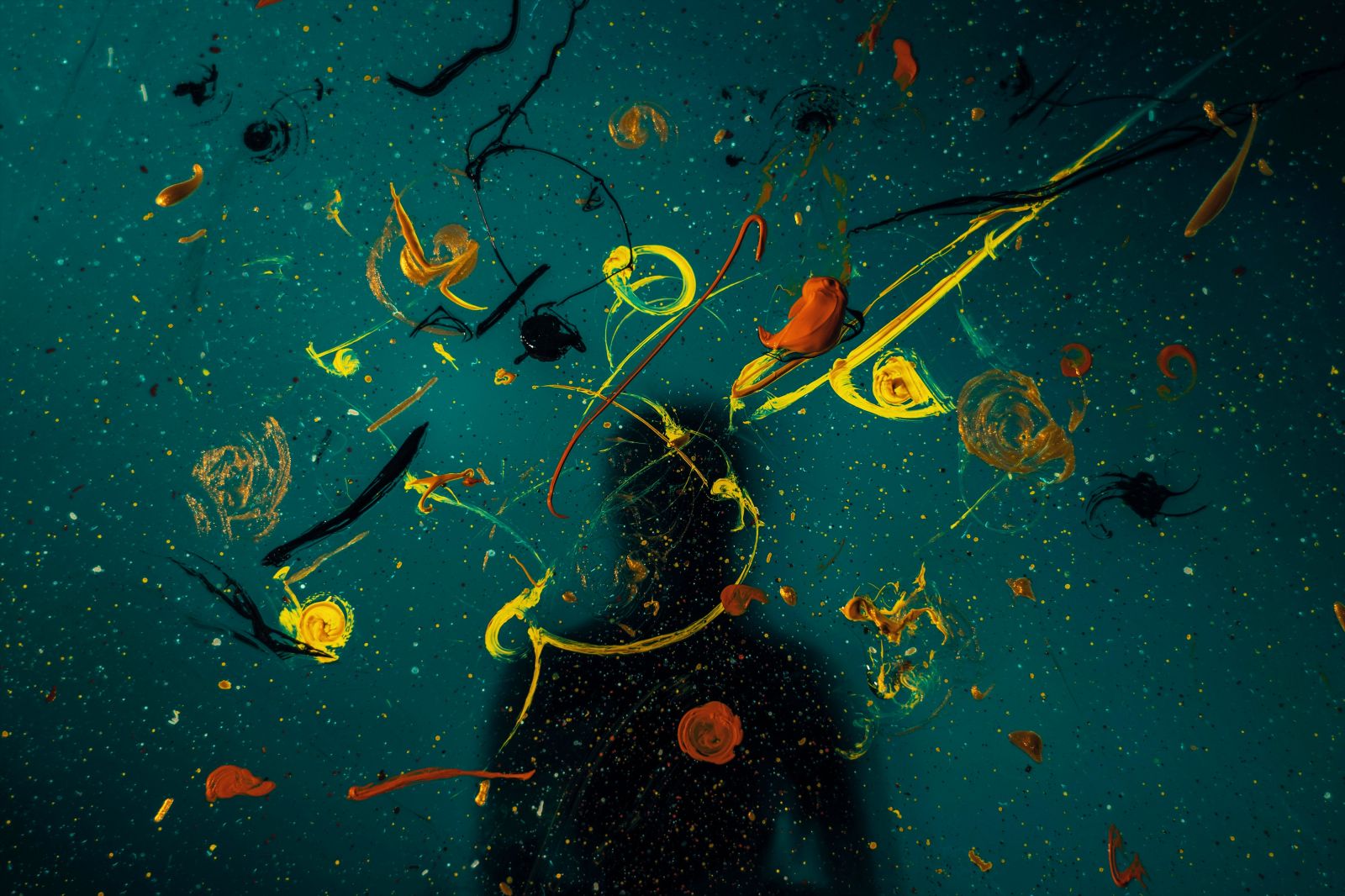Creativity: overcome creative blocks and harness your creative potential
Often creativity is something we assign to people almost as though it's a personality trait – we consider that some people are creative, and others are not. This is, however, not entirely true – while some of us may be more inclined to creative expression, creativity takes many forms and is something everyone can improve with practice. We might think first of art, literature, painting or dance when we think of creativity, but it also encompasses problem-solving and thinking differently, which is why creativity is also key if you are launching your own business, even if it's not in a creative industry.
Choosing a creative life, whether in your personal projects or hobbies, or if you seek to earn a living from creative pursuits, can be challenging. To be creative means to make yourself vulnerable, to be open to making mistakes and to be prepared to face knock-backs and criticism – a creative life takes energy, discipline, motivation and passion. This is where you might sometimes feel like you are treading water, not making the progress you want to, or come up against the same old creative blocks time and time again.
Why creativity can be difficult
Do you feel awkward when someone asks you what you do? Confidence can be a difficult area when you are a creative. We're constantly reminded how difficult it is to actually succeed in the creative industries – lots of people try and move on when things get too hard or the creative path just isn't feasible anymore.
Imposter syndrome is common in those in creative fields, as is a tendency to compare one's own accomplishments to others. If you struggle with imposter syndrome, you might feel like you will be 'found out' as a fraud, like you don't have the 'right' to call yourself a writer, artist, painter or musician. These things exist in the realm of hobbies too – and no one is a hobbyist accountant – so it can be difficult to really own that what you do is part of your larger identity. This can be really debilitating, especially seeing as trying to succeed as a creative means pitching your skills again and again, and convincing people to take you seriously. Gaining this confidence in your creativity is something that a creative coach can help you with, and more – see below.
Lastly, creativity takes genuine love for what you do – it's not very likely you'll be able to succeed at a creative project unless you have a high level of intrinsic motivation for the task at hand, i.e.: you need to truly care about it. Often, this can be difficult in itself. If you are finding that you are struggling to take any pleasure from activities that used to be your go-to, it might be worth reflecting on how you have been feeling lately. When we are struggling with our mental health, it can be difficult to engage with anything that might bring us joy – please see more here about depression and anxiety.
How can a creativity coach help you?
Creative coaching is not only for those working in creative industries. A creativity coach can help anyone who:
- has taken on a new role at work with different responsibilities
- has a hobby that they want to get better at
- wants to introduce more creativity into their life
- has launched their own business or project and wants to hone their problem-solving skills
A coach is there to help you with your mindset. Being a creative means you are more likely to experience frequent feedback and potential criticism. Coaches can help you to reframe criticism as constructive, rather than soul-destroying! A creativity coach will help you develop your mental resilience, which will in turn help you to keep working towards your creative goals, and not give up.
Your creativity coach can also help you reflect on how your natural skills are best put to use, helping you to identify, understand and overcome creative blocks, and to redirect your energies if you are pursuing something that is ultimately too far outside of your current skillset.
Coaches have the tools to help you tackle self-doubt, low confidence, apathy and fear, so that instead of being held back by negative emotions, you can find the focus and drive that you need to achieve your goals.
Find a coach to help with creativity issues here
Further reading
4 ways we block our creativity
What to expect in a first coaching session
What's the difference between counselling and coaching?
How coaching can help you beat imposter syndrome
Where coaching and therapy overlap, and where they do not
How coaching can help you thrive in times of change
Last updated 9 November 2020

